Since the NCAA recently announced that college athletes can take advantage of the Name Image & Likeness (NIL), there has been a fury of misinformation over the internet. In the news you have seen proclamations such as “scholarships should be stripped” to “more power to the student for profiting from their name.” There has been an absence of discussion around the tax and financial consequences of Name, Image & Likeness. Are you a parent of a student athlete looking for answers around major unanswered questions like:
- What’s going to happen to my Pell grant eligibility?
- Will the the student athlete have to file taxes in multiple states/jurisdictions?
- Will the student athlete have to report all of their earnings from various endorsement and product deals?
Above all this article will not only equip you with what NIL is and what it means for the student athlete but in addition it will help you take advantage of some big tax saving strategies. Here are the five key topics that we will hit on: employee vs independent contractor, impact on FAFSA/financial aid, recordkeeping tips, financial budgeting and saving NIL money and finally performing due diligence. First and foremost an NIL is nothing like having a part time summer job, any income received by athletes who are not employees will be treated as 1099’s. For example, if you made $10,000 from a summer job your employer will withhold federal/state/payroll taxes. By the same token if you made $10,000 from an NIL deal, you wouldn’t be subject tax withholdings but will have to deal with a potentially large tax bill when tax time comes.
If you’re a parent then this section is critical, let’s say that your household earnings were below $50,000 and your student qualified for a Pell Grant. Due to earnings from NIL, your household income may now be potentially more than $50,000 dollars causing the Pell Grant to be significantly reduced. The key here is to get in touch with your CPA to get around these issues, an experienced CPA may be able to help devise a tax strategy which can mitigate the negative effects of NIL earnings.
Currently there is legislation pending in Congress which calls for scholarships to be stripped from student athletes making over $20,000 dollars in NIL money. While these may sound draconian, the likelihood of these types of laws passing with bipartisan support is slim to none. Transitioning to the third topic we want to hit on is good recordkeeping, if the student athlete keeps excellent track of all expenses and receipts related to travel, meals and other NIL activities then they are less likely to get audited by the IRS. The IRS’s main goal is to go after athletes who improperly report their earnings or fail to report earnings from multiple jurisdictions. At the FitBiz we have a team of expert bookkeepers and accountants to help set you up with a personal financial software like Quicken or QuickBooks Online.
Budgeting is also a major factor in how much NIL money you will get to keep, if you remember as a 1099 there are no tax withholdings, but we highly recommend that you budget for year-end tax payments. Budgeting will also help you segregate money you would like to spend for living expenses vs money you would like to save for the future. If you goal is to maximize wealth for the long term, then weekly and monthly budgeting is a GAME CHANGER!
Essentially you will end up paying the 7.5% tax on any NIL earnings as a college athlete, so now not only do you have to pay federal, state and payroll but a self-employment tax on top of all of that. If you have made it this far then I want to congratulate you because this next tip could differentiate those who save thousands of dollars in taxes vs those who end up paying Uncle SAM’S big fat tax bill. Forming an S-Corp will not only eliminate the 7.5% tax but in addition provide other lucrative opportunities. Instead of the student athlete being self-employed they are simply an employee of the company (S-Corp) taking on multiple work projects (AKA endorsement deals). By taking advantage of the S-Corp, the student athlete will be able to minimize taxes, avoid frivolous lawsuits and maximize NET WORTH!

